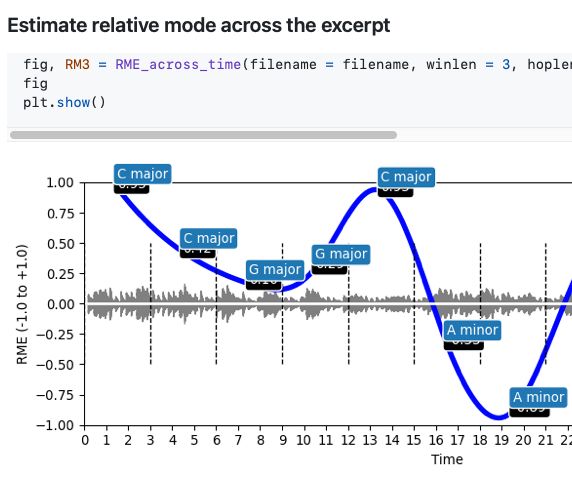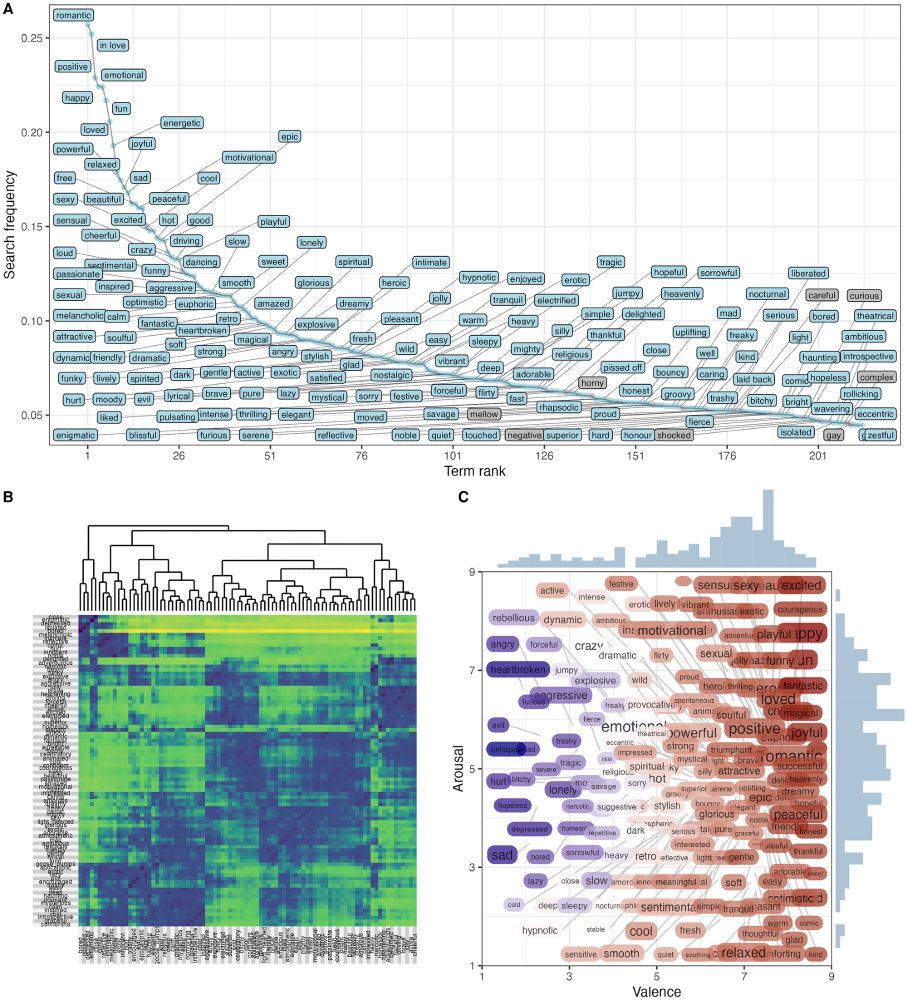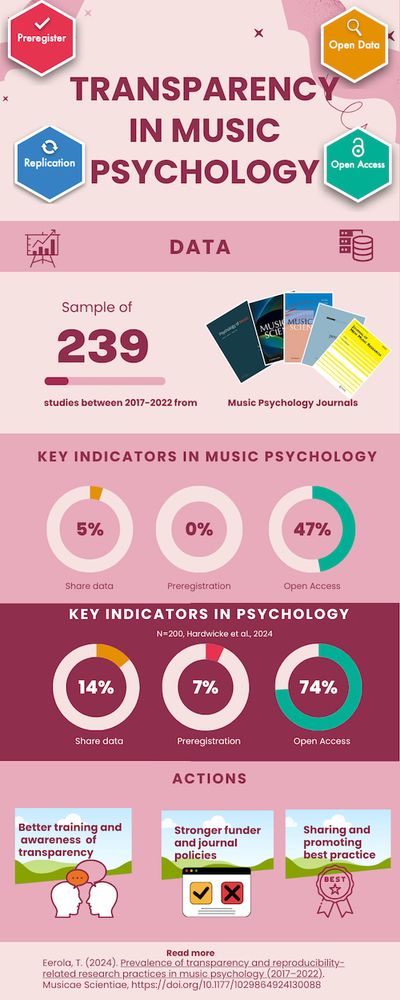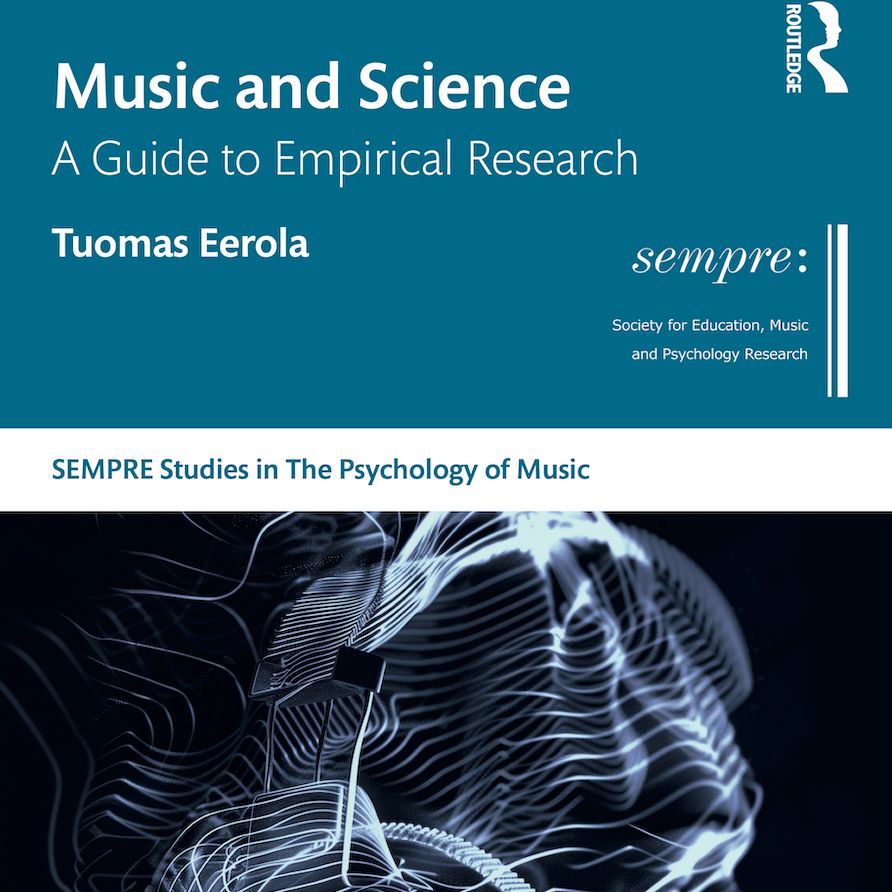
Check out our website for more info musicscience.net/events/sysmu...
#musicpsych #PsychSciSky #conferences
Abstract submission deadline is 30 January 2026.
Check out the SysMus 26 site for further details:
musicscience.net/events/sysmu...

Check out our website for more info musicscience.net/events/sysmu...
#musicpsych #PsychSciSky #conferences
You can find the 🔓 #openaccess paper here - doi.org/10.1177/03057356251383805
#musicscience #musicpsych

You can find the 🔓 #openaccess paper here - doi.org/10.1177/03057356251383805
#musicscience #musicpsych
If you are a music psychology researcher (of any level/experience), do help us and complete this anonymous 10-minute questionnaire. #musicpsych #musicscience #opendata #survey
durhamuniversity.qualtrics.com/jfe/form/SV_...

If you are a music psychology researcher (of any level/experience), do help us and complete this anonymous 10-minute questionnaire. #musicpsych #musicscience #opendata #survey
durhamuniversity.qualtrics.com/jfe/form/SV_...
- Personalized music algorithms trained on emotion data can become problematic when used with politically charged music
rdcu.be/ePImC
#musicpsych #musicscience #emotion #psycsci #psychscisky #music 1/3
- Personalized music algorithms trained on emotion data can become problematic when used with politically charged music
rdcu.be/ePImC
#musicpsych #musicscience #emotion #psycsci #psychscisky #music 1/3
www.tandfonline.com/doi/full/10....
#musicpsych
@musicpsychologylab.bsky.social

www.tandfonline.com/doi/full/10....
#musicpsych
@musicpsychologylab.bsky.social
Highlights ⬇

Highlights ⬇

A postdoc position is available at my lab (npa.iit.it) in Rome! Join us to explore:
🎵 Neural bases of musicality (humans, infants, macaques)
💃🕺 Dance & joint music-making
🤝 Spontaneous social behavior
⬇️ Apply through the link below! ⬇️
A postdoc position is available at my lab (npa.iit.it) in Rome! Join us to explore:
🎵 Neural bases of musicality (humans, infants, macaques)
💃🕺 Dance & joint music-making
🤝 Spontaneous social behavior
⬇️ Apply through the link below! ⬇️


#musicscience

#musicscience

Info and link:
york.qualtrics.com/jfe/form/SV_42…#musicsciencece
Info and link:
york.qualtrics.com/jfe/form/SV_42…#musicsciencece
youtu.be/E50CeDgoBIA #musicscience #book #workclevernothard

youtu.be/E50CeDgoBIA #musicscience #book #workclevernothard



